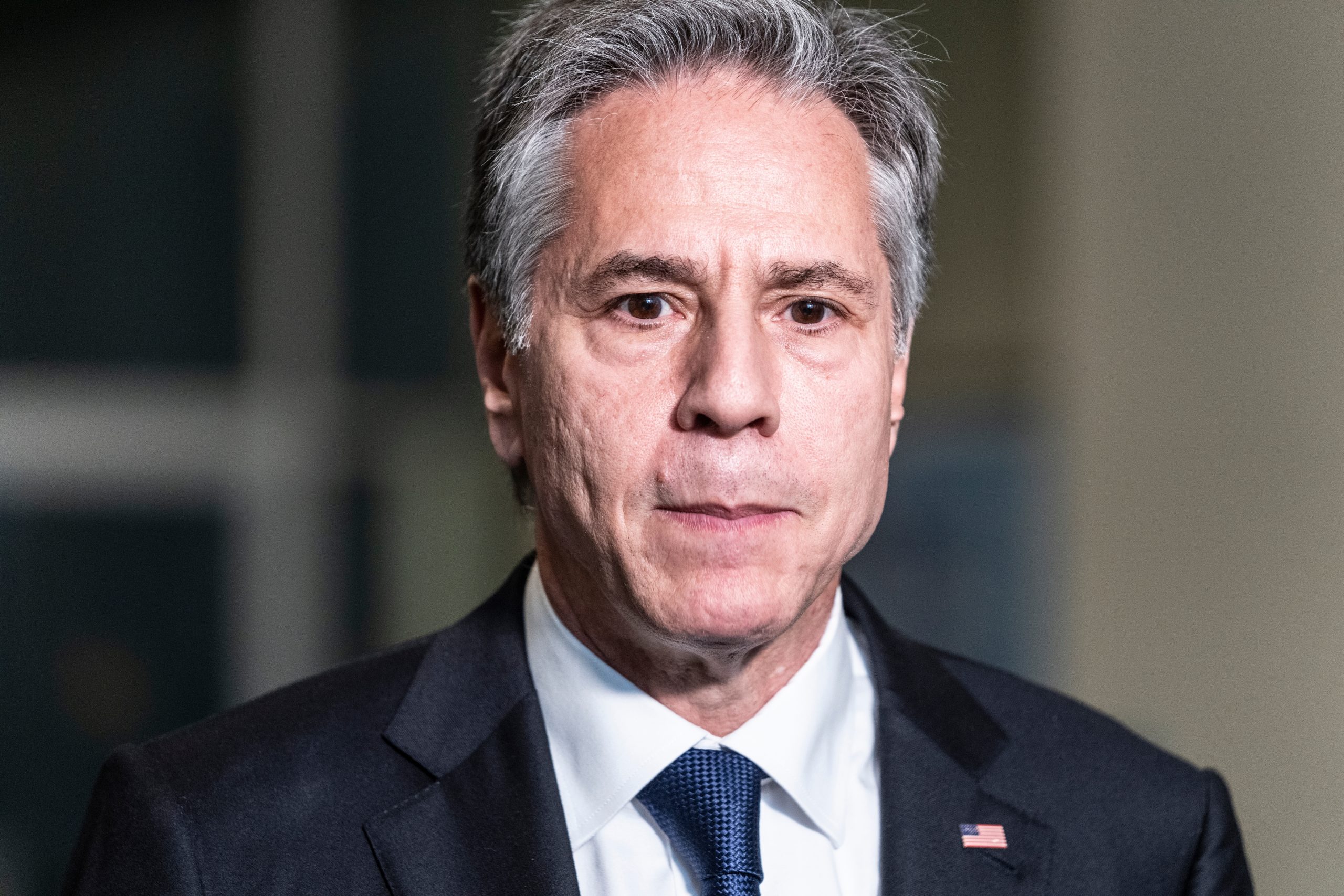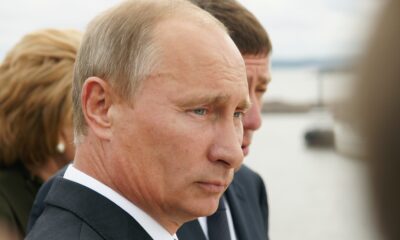Blinken’s Risky Gamble: China Invited To Mediate In Ukraine-Russia War

As the Ukraine-Russia war rages on, U.S. Secretary of State Antony Blinken has taken an unconventional step. In a speech this week in Helsinki, Finland, Blinken invited other nations, including China and Brazil, to mediate peace efforts. This move might seem like a gesture of international cooperation. Still, it raises serious concerns about the influence of China in global affairs, especially given its questionable human rights record.
Blinken highlighted his vision for a just and lasting peace: upholding the United Nations Charter, supporting Ukraine’s reconstruction with Russia contributing, addressing accountability and reconciliation, paving the way to sanctions relief, and ending Russia’s aggression. While these principles are laudable, one has to question the role of China in the process.
The Secretary’s gambit echoes a concerning trend in the Biden administration’s approach to international diplomacy, permitting a growing foothold for China in Europe. Expanding Chinese influence could have far-reaching implications, both geopolitically and economically.
Emphasizing Russia’s failures in the ongoing war, Blinken reassured the world that the U.S. harbors no intention of removing President Vladimir Putin from power—a stance contrary to Joe Biden’s demand for Putin’s removal last year in Warsaw. Here, the consistency of the administration’s approach is worth questioning.
Blinken’s vision of peace distinguishes between a genuine resolution and a “Potemkin peace” that rewards the aggressor. This is a noteworthy aspect of his rhetoric. Despite calls for a ceasefire and the development of a peace deal as Ukrainian forces ramp up their counter-offensive, Blinken insists on the importance of a stronger Ukraine, capable of deterring future aggression.
As the war continues, it’s clear that the political landscape is shifting. The Biden administration is open to unconventional diplomatic efforts, even if it means inviting mediation from nations with contentious relationships with the U.S. However, Blinken’s invitation to China to mediate could be a high-stakes gamble, potentially allowing China to expand its global influence.
The task ahead is challenging. First, the U.S. must navigate these diplomatic waters cautiously, balancing Ukraine’s urgent need for peace with the potential geopolitical implications of inviting China to the negotiating table. Let’s hope that this unconventional diplomatic maneuver doesn’t backfire, leading to a shift in the balance of power in the global arena that undermines American interests.
























